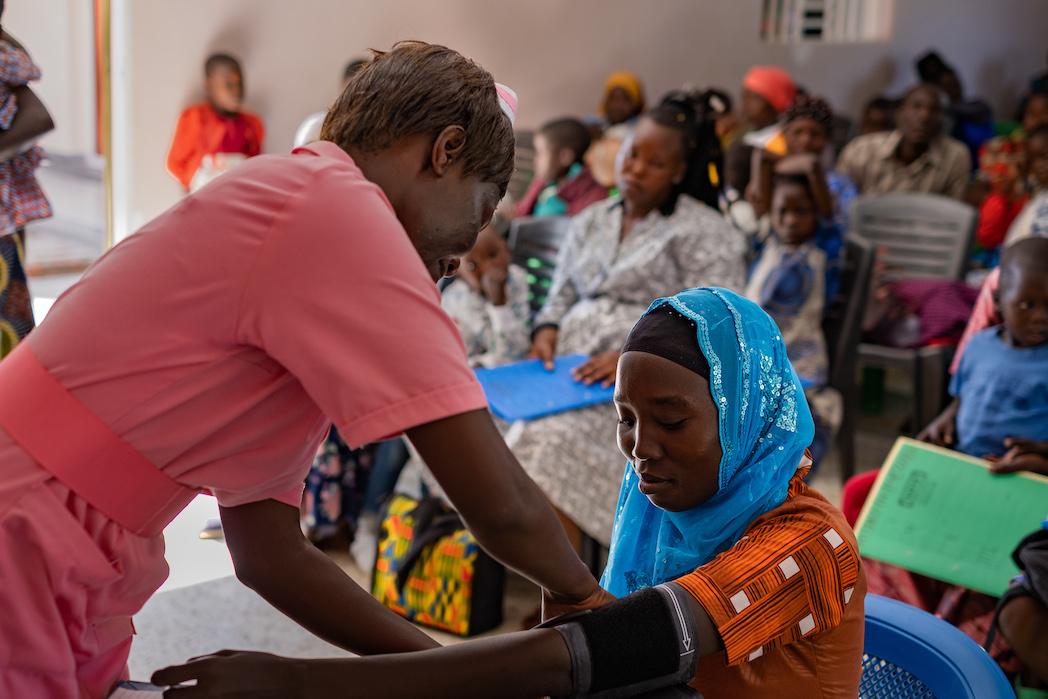
Mainstreaming of gender equality, disability and social inclusion in WASH in healthcare facilities
Health is a Human Right. Inaccessible and low-quality WASH services hinder the realization of this right for millions across the globe. This is especially true for women and girls, persons with disability, ethnic minorities and other marginalized groups. WASH barriers have a significant impact on quality of care in healthcare facilities. This 2-hour course aligns with the updated WASH FIT and 8 practical steps to facilitate universal access to quality care.
In keeping with the commitment of Leaving No One Behind, WHO South-East Asia Region developed the “Toolkit on mainstreaming of gender equality, disability and social inclusion (GEDSI) in WASH in health-care facilities (2023)”. This toolkit is aligned with the WHO-UNICEF ‘Water, Sanitation and Hygiene in Health care facilities - Practical Steps to achieve universal access to quality care’ and provides detailed step-by-step guidance to integrate GEDSI in 8 practical steps. It also reinforces integration of GEDSI priorities in the Water and Sanitation for Health Facility Improvement Tool (WASH FIT). This course is based on this toolkit and offers an opportunity for self-paced interactive learning on the issue.
- Describe the importance of GEDSI in WASH in healthcare facilities;
- Describe how GEDSI can be integrated into the 8 practical steps to achieve universal access to quality care.
The content of this course has been validated, verified, and is owned by WHO SEARO-Water, Sanitation and Climate Change Unit. This course is not a WHO Academy co-produced course. In case of any concerns or feedback on the course content, please share your feedback in the survey form at the end of this course.
- National health and WASH sector actors who are leading the planning, development, and implementation of activities to strengthen WASH in healthcare facilities;
- WASH practitioners and health facility managers and staff who are taking steps to improve WASH in their health facilities;
- Community leaders and representatives who want to ensure that the WASH infrastructure and services at their health facility meet the needs of all the community members across the life course;
- Organizations that represent excluded and marginalized groups and are advocating for increased responsiveness of health facilities to the needs of their communities.

